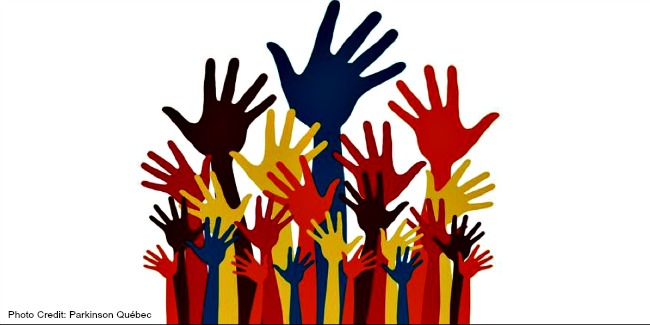In our current information age, the role of teachers in the classroom and the role of formal education in society have been clouded by the widespread distribution of academic content that was, at one point, only available in classrooms and public libraries. Today, children and teenagers can do research on the lives of historic figures and events, learn about literary conventions, study linear equations and cubed roots, explore the theory of evolution, along with Newton’s laws of motion all of this by the click of a laptop’s trackpad. Teachers no longer hold a monopoly on knowledge, and knowledge is accessible to all those who have access to the internet.
The rise of our modern information age did not come without precedent. The invention (or renovation) of the printing press in the 15th century brought about the European Renaissance. Today, the internet has brought about our own, modern Renaissance. Like the movable metal type, our computers, laptops, tablets, and smartphones have given way to a massive spread of information among the populace, information that in the past had been previously reserved exclusively by teachers for students in the classrooms. Technology has made information ubiquitous, and we are left wondering: what role should teachers play in the classrooms?
The rise of our modern Renaissance has effectively taught us one thing: humanity is not as efficient as machines are at spreading information. It is time for teachers to view themselves, and for students to view their teachers, as more than instruments used for the transference of information. If a cold, senseless computer can feed children and teenagers with facts, then teachers must be able to do something more sublime. Teachers, like their students, are human beings who participate in the human experience. The role of a teacher should consist on being an exemplary human being, to teach students how to learn, without necessarily imposing what to learn. Children and teenagers don’t want a grammar, or math, or a science teacher; they want a human being to connect with, a mentor who will help them shape their humanity. Children and teenagers want to experience human solidarity, and teachers, unlike technology, are able to provide this.
Working in the special education field has forced me to ask the question: why is teaching important? The special education field has helped me understand that teaching is not strictly contingent on the academic material at hand. Working with students who require a brief, informal conversation before they get to work, or who require movement breaks in between their assignments in order to refocus—this has made me understand that education should be about patience and human connection and less about academic facts. Sure, facts are necessary in education, but the acquisition of facts is no substitute for the acquisition of emotional bonds; the bonds that help teachers identify with the community of students that sit before them. In our current information age, the role of the teacher in the classroom, and the role of education in society, should consist on creating a community of human beings who can see themselves reflected on one another.

